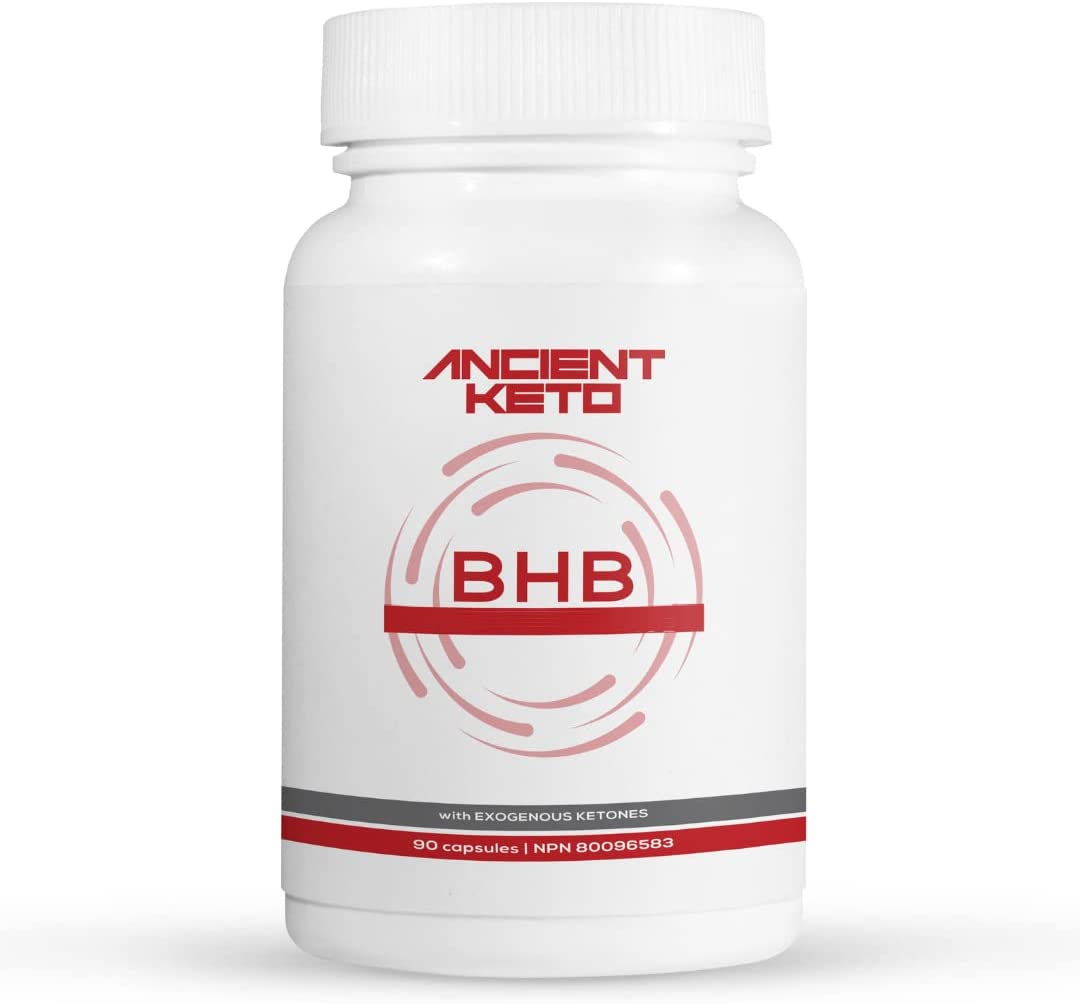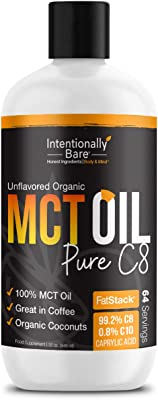Keto Supplements
The Ketogenic Diet
Ketogenic diet has become increasingly popular in recent years, and for good reason. This low-carb, high-fat diet has been shown to help with weight loss, blood sugar control, and even certain neurological disorders. However, maintaining a strict ketogenic diet can be challenging, which has led to the development of keto supplements.
Keto supplements are designed to support the body's transition into ketosis, a metabolic state where the body is burning fat for fuel instead of glucose. While these supplements can be helpful in achieving and maintaining ketosis, it is important to understand what they are and how they work before incorporating them into your diet.
One of the most popular keto supplements is exogenous ketones. These supplements provide the body with ketones, the molecules produced by the liver during ketosis. Exogenous ketones come in various forms, including ketone salts and ketone esters, and are designed to increase the body's ketone levels, which can help with energy and focus.
Another commonly used keto supplement is medium-chain triglycerides (MCTs). MCTs are a type of fat that is quickly metabolized by the liver and converted into ketones. MCTs are often added to coffee or smoothies as a way to boost energy and increase ketone production.
In addition to exogenous ketones and MCTs, there are also keto-friendly protein powders and pre-workout supplements. These supplements are designed to provide the body with the necessary nutrients to maintain muscle mass while on a low-carb diet.
While keto supplements can be helpful, it is important to remember that they are not a magic solution. The key to achieving and maintaining ketosis is a strict low-carb, high-fat diet. Supplements can be used to support this diet, but they should not be relied upon as the sole means of achieving ketosis.
It is also important to note that keto supplements are not without potential side effects. Exogenous ketones can cause digestive issues such as nausea, diarrhea, and stomach cramps. MCTs can also cause digestive issues and may lead to an increase in cholesterol levels.
In addition, while keto supplements are generally safe, it is important to consult with a healthcare provider before incorporating them into your diet. This is especially true if you have any underlying health conditions or are taking medication.
Keto Supplements, Vitamins and Nutrients
Electrolytes: Sodium, potassium, and magnesium are important electrolytes that may become depleted on a ketogenic diet. Supplementing with electrolytes can help prevent symptoms of the keto flu, such as headaches, fatigue, and muscle cramps.
Omega-3 fatty acids: Omega-3 fatty acids are essential fats that the body cannot produce on its own. They are important for brain health, reducing inflammation, and supporting cardiovascular health. Omega-3s can be obtained through fatty fish or supplements such as fish oil.
Vitamin D: Vitamin D is important for bone health, immune function, and may also help with weight loss. Vitamin D can be obtained through sun exposure or supplements.
B-complex vitamins: B vitamins are important for energy production and nervous system function. A well-formulated ketogenic diet can provide the necessary B vitamins, but some individuals may benefit from supplementation.
Fiber: Fiber is important for digestive health and can also help promote feelings of fullness. While a ketogenic diet is typically low in carbohydrates, it is important to include fiber-rich foods such as leafy greens, nuts, and seeds.
Chromium: Chromium is a mineral that is important for insulin function and blood sugar control. Supplementing with chromium may help support stable blood sugar levels.
CoQ10: CoQ10 is an antioxidant that is important for cardiovascular health and energy production. It can be obtained through supplementation or through foods such as fatty fish and organ meats.
Zinc: Zinc is important for immune function, wound healing, and hormonal balance. It can be obtained through supplementation or through foods such as oysters, beef, and pumpkin seeds.
Iron: Iron is important for oxygen transport and energy production. While a well-formulated ketogenic diet can provide adequate iron, some individuals may benefit from supplementation.
- Vitamin C: Vitamin C is an antioxidant that is important for immune function and collagen production. While a well-formulated ketogenic diet can provide adequate vitamin C, some individuals may benefit from supplementation.
It is important to note that while some individuals may benefit from supplementing with certain vitamins and nutrients on a ketogenic diet, a well-formulated ketogenic diet can provide all the necessary nutrients. It is always important to consult with a healthcare provider before incorporating any new supplements or vitamins into your diet.










0 Comments